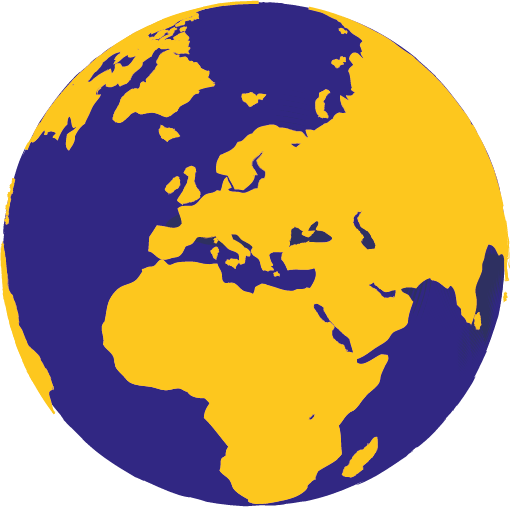In the summer of 2015 the Czech Republic signed The Lanzarote Convention – the Council of Europe Convention on the Protection of Children against Sexual Exploitation and Sexual Abuse.
The Lanzarote Convention is the first international convention of its kind that considers various forms of sexual abuse as a crime, including the abuse of children within the home or family. The Convention sets out measures protecting children from exploitation or abuse, including the need to educate children on the risks of sexual exploitation, and rules for the monitoring of criminals and suspected abusers. Since signing, the Czech Republic has implemented all chapters of the Lanzarote Convention.
The Czech Republic continues to be one of the countries with a comparatively large number of children living in institutional care, including those with disabilities. Over the past 80 years, surveys carried out in the UK, the USA and the Netherlands have proven that children in institutions are exposed to a significantly higher risk of sexual abuse when compared with children living in families or alternative care. Lumos has long been engaged in the protection of vulnerable children and in reforming the Czech Republic’s care system. For Lumos, the links between institutional care and an increased risk of sexual abuse are clear – and we believe that these particularly vulnerable children must be included and protected in any plans to combat sexual abuse within the country.
In an effort to contribute to this fight, I was very pleased to be given the opportunity to represent Lumos at a seminar held in Czech Parliament on Tuesday, November 1 - The Convention On The Fight Against Sexual Violence On Children In Practice - organised by Czech MP Dr. Gabriela Peckova. My presentation at the seminar focuses on the causational factors behind this high risk of sexual abuse of children in institutional care, as well as measures which could significantly lower that risk. However, in order to succeed, these measures require strong support for deinstitutionalisation and social work within families and communities, plus a thorough programme of education.
I am also presenting a publication called Nobody is allowed to harm you, which is aimed at children with disabilities, small children and children growing up in institutional care. The book‘s purpose is to help these children understand what constitutes abuse and how to report it, so that they are able to identify potential danger and know what to do if they feel they are at risk. The book was created by members of the Club for Healthy Changes with support from the Child Rights Centre, Lumos and the Centre for Social Prevention Activities GRiG.
Also speaking at the seminar are representatives of the Ministry of Education, Youth and Sports and The Ministry of Labour and Social Affairs, as well as Dutch psychologist Dr. Sanderijn van der Doef, a leading expert on the problems of sexual violence against children.
Children living in institutional care are among the most vulnerable in the world – at increased risk of not just sexual abuse but also violence and trafficking. If the implementation of the Lanzarote Convention in the Czech Republic is to be successful, it must recognise and serve the needs of all children. Getting children out of institutions and into protective and loving family care can only help to reduce the risk of sexual abuse to vulnerable children.



